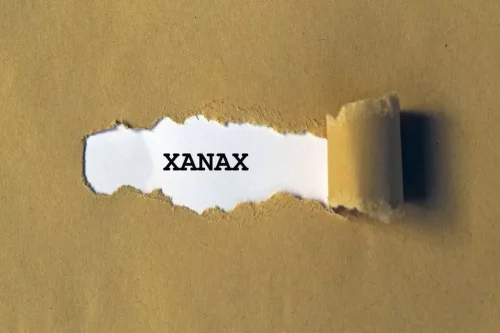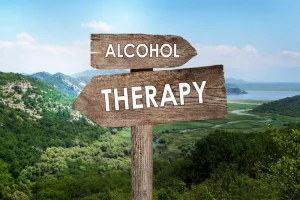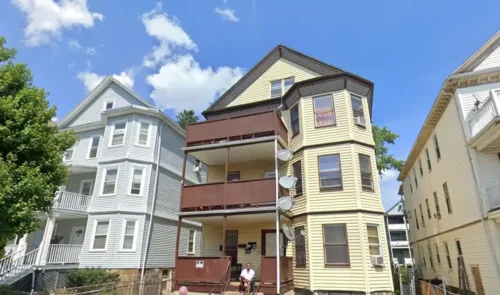
In addition to learning how to say no to alcohol in social settings, the recovery process typically requires looking inward. Exploring triggers will help break down the reasons you wanted to drink in the first place, making your recovery more sustainable. Working with a specialized therapist in alcohol therapy can be especially helpful for identifying triggers, working through past traumas, and developing a plan for when triggers do arise. First, it’s important to understand the signs of both acute and post-acute withdrawal. Acute alcohol withdrawal can occur after an extended period of heavy binge drinking, and usually takes place within the first week of quitting alcohol.
- Many definitions of recovery include not only the return to personal health but participation in the roles and responsibilities of society.
- After all, alcohol recovery isn’t about abstaining from a substance — it’s about changing your whole life.
- It requires honesty and self-reflection to confront the reality of alcohol addiction.
- Therapy helps alcoholics identify and deal with stress that increase their urges to drink.
- Seeking professional advice and researching available resources can help individuals make informed decisions about their recovery journey.
- Most people go through several stages of recovery, but there’s no single schedule to follow.
What are The 6 Stages of Alcohol Recovery
Two to three of the above symptoms qualify as mild AUD, four to five symptoms can mean moderate AUD, and six or more could translate to severe AUD. AUD affects people from all walks of life, parts of the world, socioeconomic statuses, and career paths. It does not discriminate, and it doesn’t always reflect common stereotypes. Recovery begins when you have an honest desire to change and seek help. Some people hit rock bottom first before seeking help and starting recovery. The right half curves upward and represents a person’s improvement from addiction to sobriety.
Chronic (Late Alcoholism)

These six stages of alcoholism and recovery will give you a better understanding of the road ahead that will lead to your ultimate success. They can recommend treatment options that can help, including therapy and medications. Detox from alcohol can be medically assisted for people who may be at risk of severe withdrawal symptoms and for those who need help to complete the process. Medications are provided to ease the symptoms, and physicians monitor people’s vital signs and overall health. Following detox, a physician might also prescribe a medication to discourage alcohol use. Antabuse, for example, makes people ill when they consume even the tiniest amount of alcohol.
Stage 2: Early Symptoms

Like other symptoms, the impact on mood depends on the amount and duration of your alcohol use. For light or moderate drinking, you might experience a more temporary, mild effect on mood. If you’ve been drinking heavily or for long periods, the impact will be more pronounced, and it will take longer for your neurotransmitter systems to restore their balance in your body. While not everyone who stages of alcoholic recovery quits drinking will experience withdrawal, you are more likely to have symptoms if you have been drinking for a long time, if you drink heavily, and/or if you drink frequently. The brain also begins to repair some of the damage and shrinkage you may have experienced while drinking. One study showed that after 6 weeks of abstinence from alcohol, brain volume increases by an average of 2%.
Support Group: How to address anxiety while managing your drinking

And if today is as far ahead as you’re ready to look, that’s okay too. You can visit the Monument Community to hear from others about their experiences, and attend therapist-moderated support groups to check in with yourself and others. You, nor your loved one, are under any obligation to commit to a Legacy Healing Center treatment program when calling the helpline. “Signs of alcohol withdrawal syndrome.” Medical News Today, July 5, 2018. The purpose of the 12 traditions is to help provide guidelines about the relationships between the group and the community and between individual members of the group. This episode of The Verywell Mind Podcast, featuring multi-platinum award-winning singer Bryan Abrams, shares his sobriety journey and how he found a treatment that actually worked.
Now is the time to take action.
- To find another treatment program, browse the top-rated addiction treatment facilities in each state by visiting our homepage, or by viewing the SAMHSA Treatment Services Locator.
- After 24 hours without alcohol, your body will start to detoxify and you may experience withdrawal symptoms.
- It draws on aspects of cognitive-behavioral therapy (CBT) and helps members to build motivation, cope with cravings, change addictive thoughts, and adopt healthy habits.
- I believe that we should compare addiction to more severe disease processes for the patient’s benefit.
- This adaptation is a hallmark of chronic brain disease, where the body requires the substance to function normally due to changes in brain chemistry.
Our outpatient program offers inclusive support while allowing you to maintain your daily commitments. Choose the option that fits your needs and start your journey to wellness today. Are you ready to take control of your https://ecosoberhouse.com/ life and break free from addiction? Reach out to The Recovery Team today to explore personalized treatment options. When facing addiction, individuals may reach a breaking point where they realize they need assistance.


Unfortunately, treatment is often ineffective at this stage because individuals simply don’t believe they have a drinking problem. It’s unlikely that a person in this stage would even be interested in information about alcoholism. While recovery from alcoholism can take weeks, months or even years, most people progress through six stages of change as they overcome an alcohol addiction. Precontemplation is the first stage in the stages of change model of addiction and behavior change.
